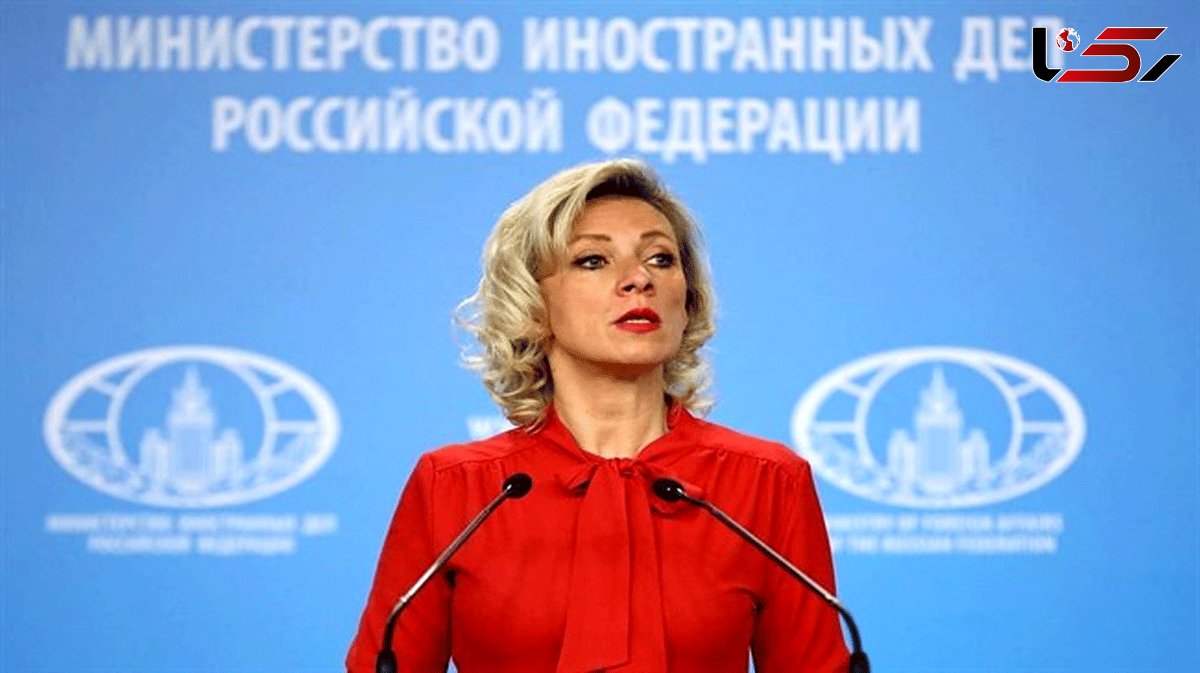Russia, Iran, Turkey working on agenda for Astana format meeting: Moscow
Rokna: Russia, Iran and Turkey are working on the agenda for the next international high-level meeting on Syria in the Astana format, which was postponed amid the coronavirus pandemic, Russia’s Foreign Ministry spokeswoman Maria Zakharova told a briefing.

Russia comes out in favor of saving the Astana format to facilitate the crisis settlement in Syria that has proved its efficiency, and gives high marks to the level of cooperation achieved by the three countries guarantors of the process, TASS reported.
"Due to a new wave of the pandemic, the dates for the 15th international meeting on Syria on that platform have to be pushed back," she said.
"We are trying to take advantage of this forced pause to think together with the partners about how to fill the Astana meetings with new concrete themes along with concrete discussion regarding the possibility of surmounting the existing problems, in order to make the subject matter of this meeting not only eventful, but also efficient and constructive," the diplomat said.
The guarantors will also think about giving these meetings "a new impetus, including through higher activity within the framework of the working group for the release of detainees, abductees, handover of bodies and search for the missing," Zakharova added.
The previous high-level meeting in the Astana format was held in the capital city of Kazakhstan in December 2019. A next meeting was planned for March 2020, but was postponed amid the coronavirus pandemic.
Iran, Russia, and Turkey have been leading a peace process for Syria known as the Astana process, because Kazakhstan’s capital, Nur-Sultan, formerly called Astana, originally hosted the meetings.
The Astana talks resulted in two agreements.
A first deal was signed in Kazakhstan’s capital, arranging for the creation of de-escalation zones across Syria, including in parts of Idlib. The second one that came about in the Russian resort city of Sochi allowed Ankara to bring in a small number of forces to man the observation posts to reinforce de-escalation, according to Press TV.
While the two deals have helped significantly reduce fighting in Syria, the conflict has not entirely ended.
Syria has been gripped by foreign-backed militancy since March 2011. But that conflict has been winding down as the Syrian government reasserts control over parts formerly held by militant and terrorist groups.

Send Comments